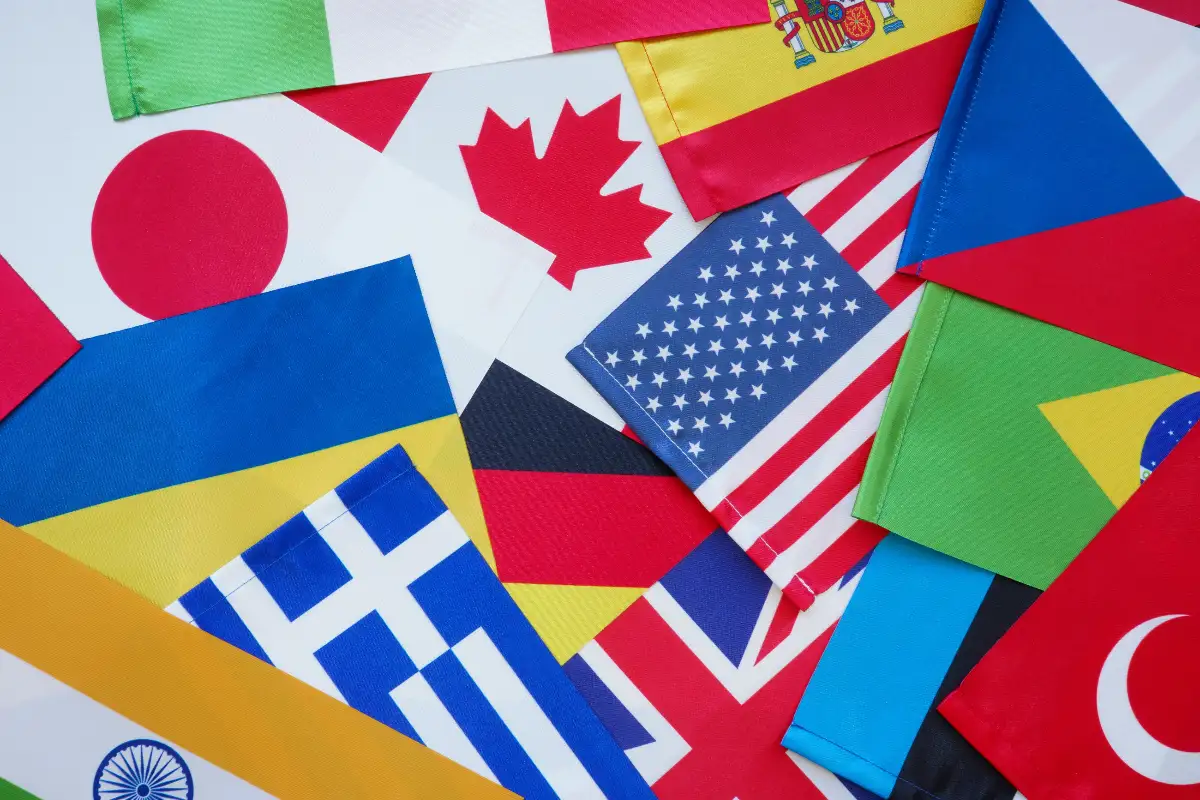In 2025, U.S. immigration authorities have quietly implemented changes affecting the marriage-based green card process. While no major policy overhaul has been announced, updates to forms, filing rules, and agency communications indicate a focus on fraud detection and stricter procedures.
Updated Forms
USCIS has released new editions of crucial forms for marriage green card applications:
- Form I-485 (Adjustment of Status): Only the 01/20/25 edition will be accepted starting April 3, 2025.
- Form I-129F (Fiancé Visa): Only the 01/20/25 edition will be accepted starting May 1, 2025.
- Form I-130 (Petition for Alien Relative): The 04/01/24 edition remains valid, now including warnings about marriage fraud.
Applicants must ensure all form pages match the correct edition date to avoid rejection. USCIS has updated various other forms, all bearing the 01/20/25 edition date.
Initial Rollout and Grace Periods
Initially, USCIS implemented new forms without a grace period, causing confusion. However, grace periods were later introduced:
- I-485: Older editions accepted until April 2, 2025.
- I-129F: Older editions accepted until April 30, 2025.
Applicants should monitor USCIS announcements and verify form edition dates before submission.
Stricter Filing Rules
USCIS has tightened rules across marriage green card forms:
- Separate Payments: Each form requires an individual payment. Combined payments may lead to rejection.
- Processing Type Selection: Applicants must clearly indicate whether they are pursuing adjustment of status or consular processing.
- Medical Form Submission: Form I-693 should be included at filing in most cases. COVID-19 vaccination proof is no longer required as of January 22, 2025.
These changes aim to digitize processes, reduce errors, and ensure consistent adjudications.
Fraud Prevention Messaging
USCIS has updated the I-130 form webpage to encourage reporting suspected immigration benefit fraud, including marriage fraud. This shift in tone suggests a renewed focus on enforcement, reminiscent of earlier high-enforcement periods.
Increasing Processing Times
Processing times for family-based immigration petitions, including marriage green cards, have risen. Historical patterns suggest that increased scrutiny and procedural changes often lead to longer wait times.
Implications for Applicants
While eligibility rules remain the same, applicants should prepare for a more stringent filing environment:
- Ensure form completeness and consistency.
- Provide thorough documentation of a bona fide marriage.
- Be aware of potential increased enforcement, especially for cases with previous visa overstays or past marriages.
Resources for Assistance
- USCIS Contact Center: 1-800-375-5283
- USCIS Online Resources: uscis.gov/forms
- American Immigration Lawyers Association Referral Service: ailalawyer.com
- Local immigration nonprofits may offer free or low-cost assistance.
Boundless will continue to monitor updates and provide guidance to help applicants navigate these changes.



